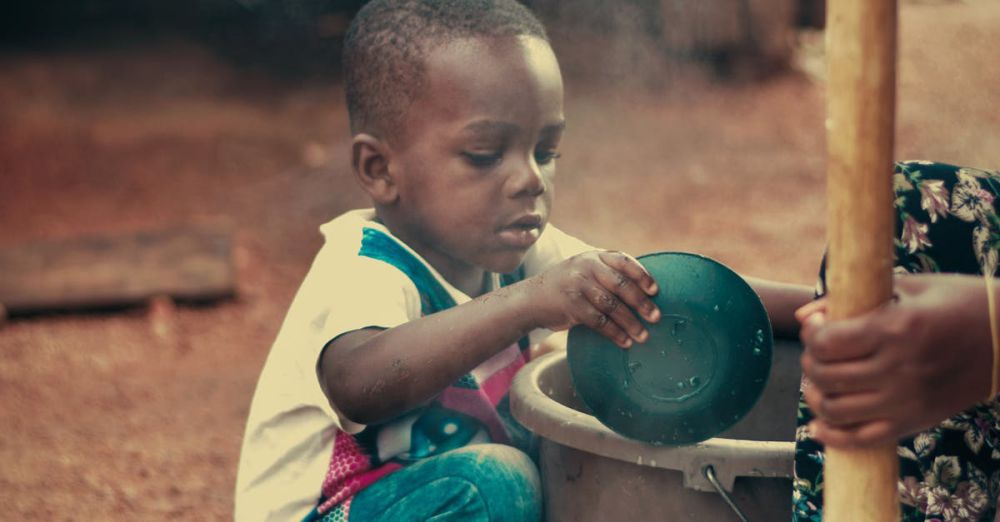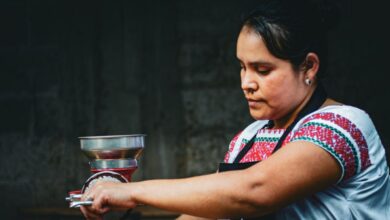What Are the Best Indigenous Experiences for Kids
In a world that is becoming increasingly globalized, introducing children to Indigenous cultures can provide a unique educational opportunity. These experiences help foster respect, understanding, and appreciation for diverse ways of life. Engaging kids in Indigenous traditions, stories, and practices can spark their imagination, stimulate their curiosity, and enrich their worldview. Below are some of the best Indigenous experiences that children can enjoy, providing both fun and learning.
Cultural Festivals and Events
Attending Indigenous cultural festivals is an excellent way for kids to immerse themselves in authentic traditions. Events such as powwows, art fairs, and storytelling festivals often feature dance, music, crafts, and traditional foods. Children can participate in hands-on workshops where they learn to drum, bead, or create Indigenous art. These festivals provide an engaging environment where kids can interact with Indigenous peoples, ask questions, and gain insights into their rich heritage.
Nature Walks and Traditional Ecological Knowledge
Nature is a significant aspect of many Indigenous cultures, and guided nature walks can be an adventure for young explorers. Many Indigenous communities offer programs where children learn about local flora and fauna, traditional land stewardship practices, and the importance of conservation. These experiences often incorporate storytelling, linking the natural world to Indigenous legends and teachings. Kids not only gain knowledge about nature but also develop an appreciation for the environment and its preservation.
Art and Craft Workshops
Indigenous art is not just a visual experience; it is deeply tied to cultural identity and storytelling. Art workshops led by Indigenous artists provide children with the opportunity to learn traditional techniques, such as weaving, pottery, or painting. These sessions often include discussions about the significance of the art forms, allowing kids to understand their cultural context. Through creative expression, children can connect with Indigenous narratives and reflect on their own experiences.
Storytelling Circles
Storytelling is a vital component of Indigenous cultures, serving as a way to pass down knowledge, morals, and history. Participating in storytelling circles encourages active listening and imagination. Kids can engage with elders or storytellers who share tales that highlight cultural values, moral lessons, and historical events. These sessions often emphasize the importance of oral traditions and can inspire children to create and share their own stories, fostering a sense of identity and belonging.
Traditional Games and Sports
Indigenous games are a fantastic way for children to be active while learning about cultural heritage. Many communities host events that teach traditional games like lacrosse, hand games, and snow snake. These activities often promote teamwork, strategy, and physical fitness while also offering insights into their cultural significance. By participating in these games, kids develop a sense of community and connection to Indigenous histories and values.
Culinary Experiences
Food is a powerful means of cultural expression, and culinary experiences can be both fun and educational. Kids can participate in cooking classes that focus on traditional Indigenous recipes, learning about the significance of various ingredients and preparation methods. This hands-on experience can introduce children to the concepts of seasonal eating, foraging, and the importance of food in cultural rituals. Sharing meals together fosters community and allows kids to appreciate the cultural significance behind the dishes.
Engagement with Indigenous Language
Learning basic phrases in an Indigenous language can be a fascinating experience for kids. Many communities offer language immersion programs or workshops that teach children words and phrases relevant to daily life and culture. Engaging with an Indigenous language helps children develop an understanding of the connections between language, culture, and identity. It can also instill a sense of pride in cultural heritage and the importance of preserving endangered languages.
A Journey of Understanding and Respect
Exploring Indigenous experiences is not just about enjoyment; it’s a journey toward understanding and respect. Such experiences can instill in children the values of empathy, cultural appreciation, and social responsibility. By engaging with Indigenous traditions, stories, and practices, kids are not only expanding their worldview but also learning to value diversity in a meaningful way. These experiences lay the foundation for a more inclusive and respectful future, where various cultures can thrive together.







